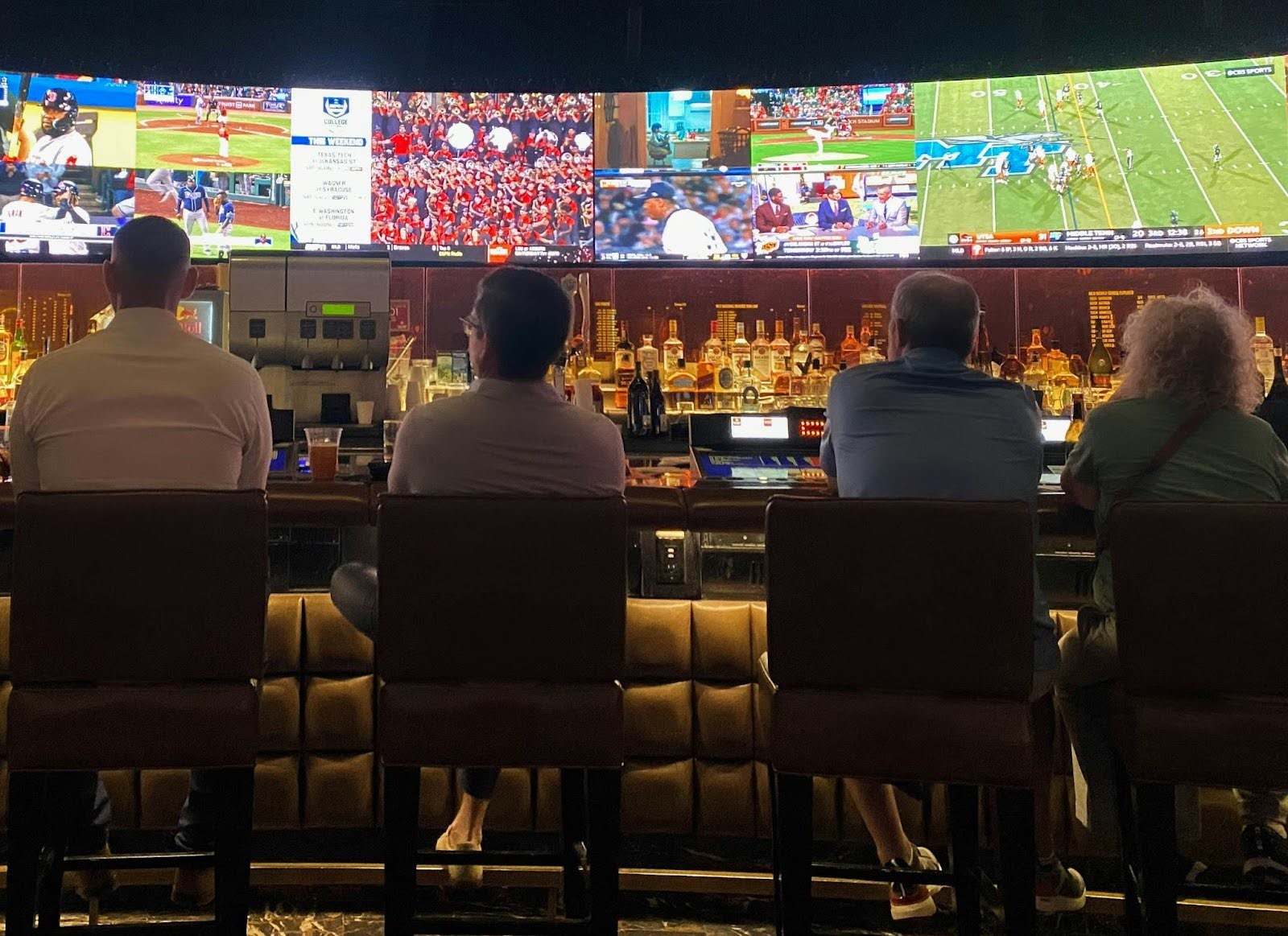
|
What used to be restricted to face-to-face interactions is now accessible to anyone with an internet connection when it comes to betting. Every step in this process has simplified the process of wagering, and provided new ways of participating.
Offshore Platforms Open the Doors
The latest chapter in this story is the growth of betting platforms registered in countries that allow them to offer their services worldwide. These sportsbooks offer bettors many more markets to bet on, including competitions around the globe that local books do not cover.
They also offer competitive odds that are difficult to find in most US options. Flexible payments are another major attraction, and crypto is one of the options people can use today. These platforms have opened up betting to the world and made it more accessible than ever.
Mobile Apps Take Over
When smartphones became common, betting apps changed how people placed wagers. No longer tied to a computer, bettors could check odds and place bets anywhere, whether at a game, on the commute, or at home.
They came with more innovations as well, like notifications that meant players could react instantly to changes in lines or scores. Mobile apps made betting part of everyday life, turning it from a set activity into something always within reach.
The Emergence of Online Sportsbooks
The real turning point, though, was the spread of online sportsbooks in the late 1990s before offshore platforms and mobile apps became popular. Individuals were able to log in, view odds, and make bets without having to leave their homes.
It was fast and easy, and to many, it was the first time that betting became a part of their everyday life. Live betting which has become popular today was also made possible by online sites, where odds would change during games, something that local shops could not do.
Telephone Betting
One step back, telephone betting was the alternative that began to liberate people from the need to go to shops. Bettors were able to call in, make their bets, and receive confirmation without leaving their homes.
This was helpful to regulars and high-stakes players, who could talk directly to a bookmaker. It may seem obsolete today, but it was a significant step between physical betting and online services that came later.
Local Betting Shops
Local betting shops were the primary method of placing bets for decades. These stores were usually a part of the community, where punters would meet to discuss teams, exchange tips, and follow results.
Shops brought order to betting and brought in regulations that made it safer. They also had a social aspect to them, with many regulars going there not only to bet but to meet people with the same interests.
Informal Community Betting
Before the existence of shops and regulations, betting was informal and usually organized among friends or members of the community. A bet could be placed with just a handshake and money.
Faith was important, and conflicts were resolved face-to-face. This was a simple form of betting, but it was how most people were first introduced to it, and it shows how it was accessible at the most local level before it became more formal.






